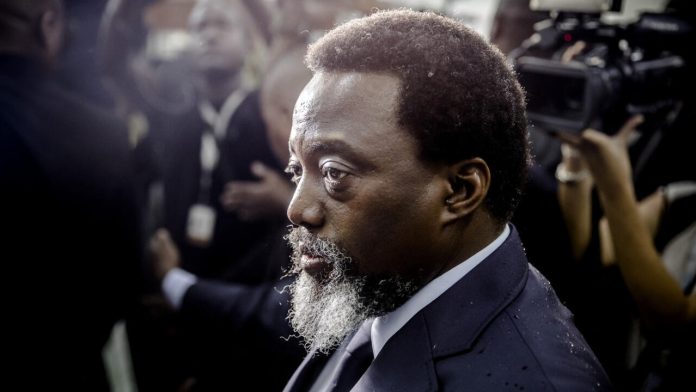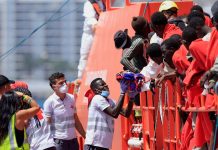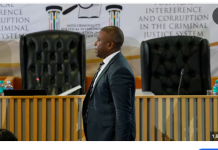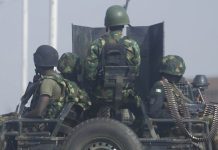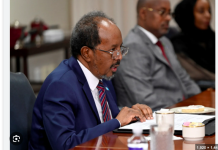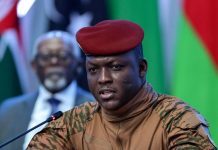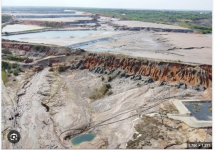
/
RSS Feed
The treason trial of former Democratic Republic of Congo President Joseph Kabila has opened in a military court in the capital, Kinshasa, marking an extraordinary legal showdown with deep political and regional implications.
Kabila, who ruled DR Congo for 18 years until 2019, faces a string of serious charges — including treason, murder, rape, and supporting an armed insurrection. The accusations stem from his alleged backing of the M23 rebel group, which currently controls large parts of the country’s mineral-rich east.
Kabila denies all charges and did not appear in court. His legal team has requested that he be tried in absentia.
President Félix Tshisekedi — Kabila’s successor and now political rival — has publicly accused him of being the mastermind behind the M23 rebellion. Kabila has dismissed the charges as politically motivated, calling the trial “arbitrary” and the courts an “instrument of oppression.”
Friday’s hearing was brief and procedural. Prosecutors requested more time to examine key documents, leading to an adjournment until the end of the month.
The case comes amid ongoing violence in eastern DR Congo, despite a recent ceasefire deal between the government and M23 rebels. Clashes continue on the ground, and tensions remain high.
Kabila returned to the country in May from self-imposed exile in South Africa, appearing in Goma — an M23 stronghold. His return followed a decision by the Senate to lift his immunity as a “senator for life,” opening the door for prosecution.
He now faces charges related to supporting an armed rebellion, orchestrating the takeover of Goma, and committing atrocities in areas held by M23 forces.
International observers, including the United Nations and Western governments, have accused neighbouring Rwanda of backing M23 and deploying troops into Congolese territory — claims Rwanda denies, insisting it is acting in self-defence to contain the conflict.
Kabila’s allies have slammed the trial as a political witch-hunt. Ferdinand Kambere, a former senior figure in Kabila’s banned PPRD party, accused the government of “double standards”, saying it was soft in negotiating with rebels but harsh on Kabila.
Another close associate, Emmanuel Ramazani Shadary, reportedly dismissed the trial as “theatre”, predicting a guilty verdict was already decided.
But Deputy Justice Minister Samuel Mbemba defended the legal process, warning against politicising the judiciary.
“Justice does not negotiate, it does not enter dialogue. Its calendar is not the political calendar.”



